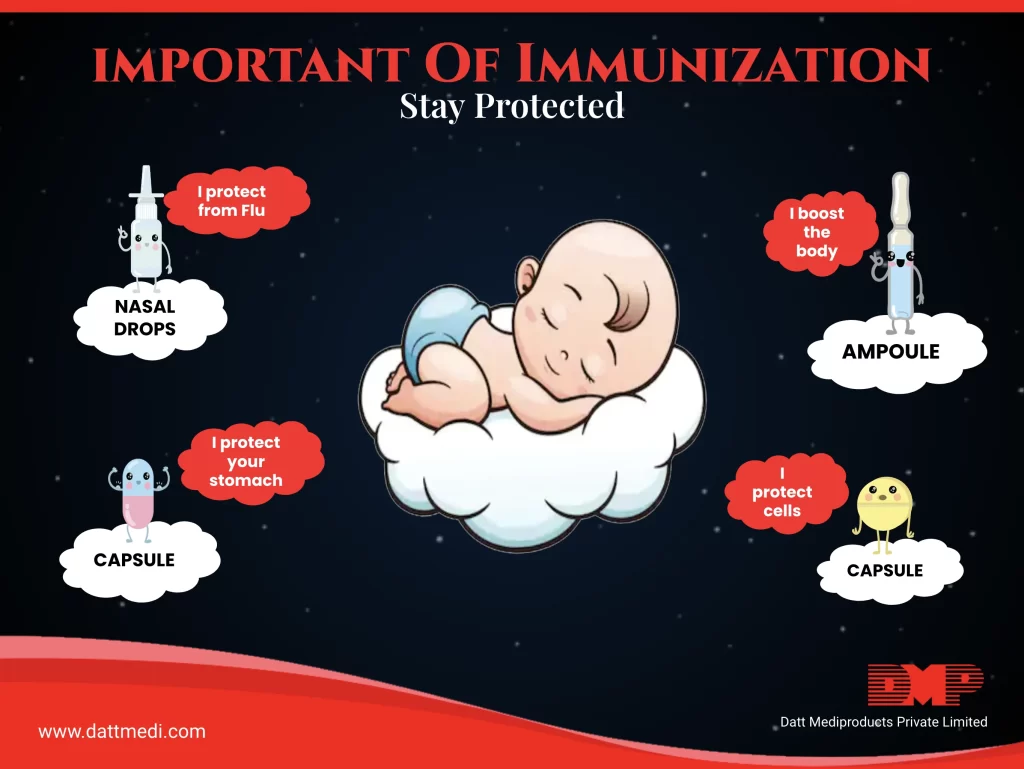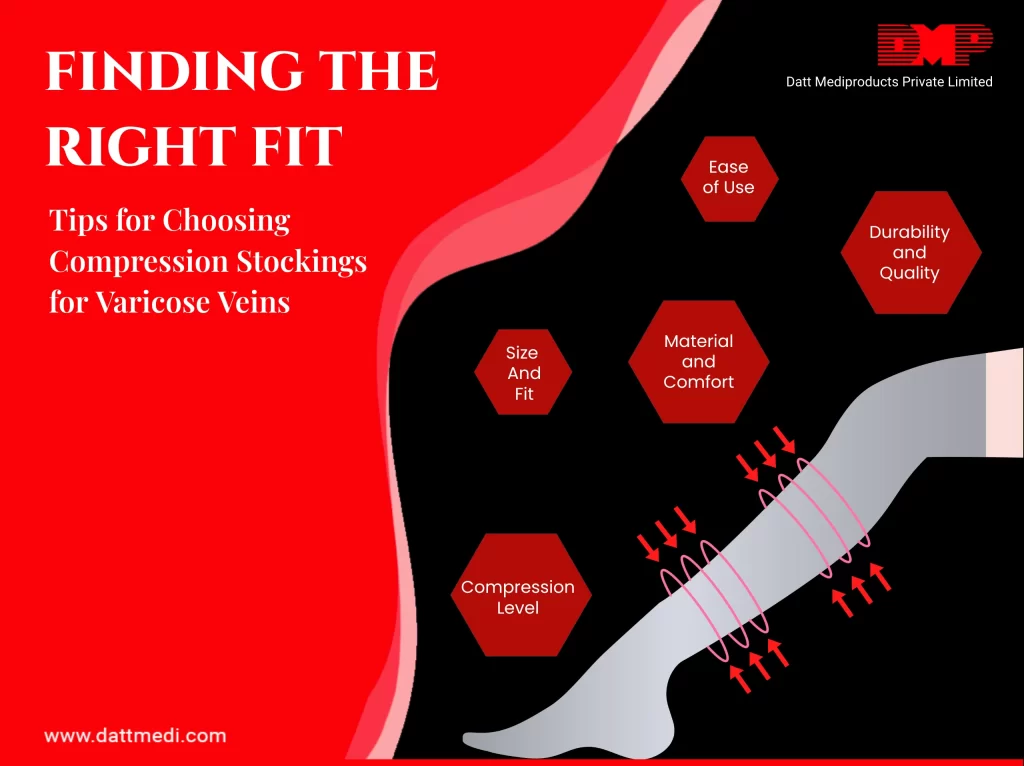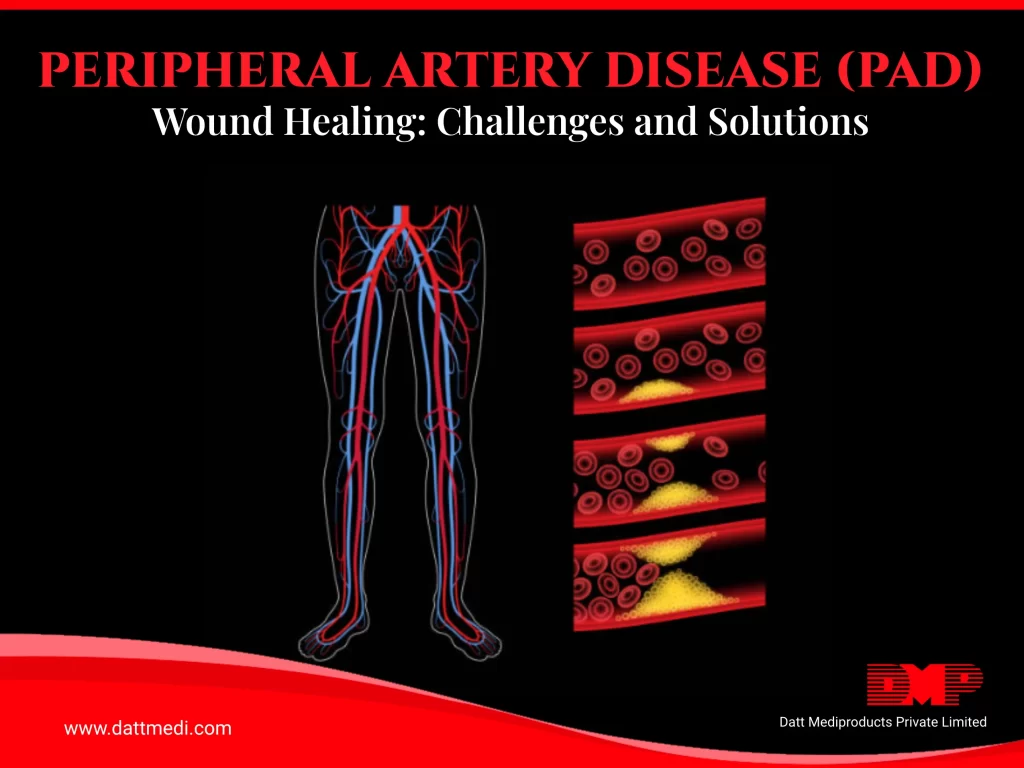
What is Immunization?
Immunization is the process by which vaccines are administered to an individual in order to protect from infectious diseases and strengthen the immunity.
Immunization is an important step to control and eliminate life-threatening and vaccine-preventable infections like cervical cancer, diphtheria, hepatitis B, measles, mumps, pertussis (whooping cough), pneumonia, polio, rotavirus diarrhea, rubella, and tetanus. It is one of the most cost-effective health interventions and helps to protect people of all ages against diseases.
Some Important Vaccines and their schedules:
1. CHICKENPOX VACCINE (VARICELLA): Every individual should get 2 doses of this vaccine starting at the age of 1 year.
2. HIB (HAEMOPHILUS INFLUENZAE TYPE B): 3 or 4 doses of HIB vaccine are required, starting at 2 months of age.
3. Hepatitis A Vaccine: Two doses of hepatitis A vaccine should be given to all children beginning at age 12 months separated at intervals of 6 months. Adults can also get this vaccine if they want to be protected or are at risk of developing the disease.
4. Hepatitis B Vaccine: Three doses of Hepatitis B vaccine are recommended to all children with the first dose to be given within 24 hrs. of birth. Adults can also get 2-3 doses of this vaccine.
5. Human papillomavirus (HPV): All individuals should get this vaccine, given over a period of 6 months, starting at around age 11–12 years. The HPV vaccine works more effectively if administered before becoming sexually active.
6. Influenza (flu) Vaccine: Annual dose of influenza vaccine is recommended to all people starting at the age of 6 months till lifetime.
7. Measles, Mumps, Rubella: One or two doses of the vaccines are needed against MMR.
8. Meningococcal Vaccine: This vaccine is the best prevention for meningitis. People of all ages should get this vaccine and its booster dose throughout life.
9. Pneumococcal: People who smoke need 1-2 doses of these vaccines.
10. Shingles (zoster) Vaccine: There are two types of shingles vaccines: Shingrix and Zostavax. People with age 50 years or more should get the 2-dose series of Shingrix vaccine even if they had received Zostavax.
11. Tetanus, Diphtheria, Pertussis (whooping cough): All individuals should receive this vaccine. Even pregnant women need a dose in every pregnancy. Tetanus shots are also required in case you have a deep or dirty wound.
World Immunization Week
World Health Organization (WHO) and its member countries observe the last week of April as “World Immunization Week”.
It is estimated that during 2017, about 116.2 million infants received 3 doses of diphtheria-tetanus-pertussis (DTP3) vaccine and during the same year 123 countries reached more than 90% coverage of the vaccine.
During the World Immunization Week, WHO aims to highlight the importance of vaccination and encourage people to get vaccinated to increase the coverage for vaccine-preventable diseases.
We @ Datt Mediproducts understand the importance of immunization and urge people to get vaccinated to prevent illness, disability, and death.





